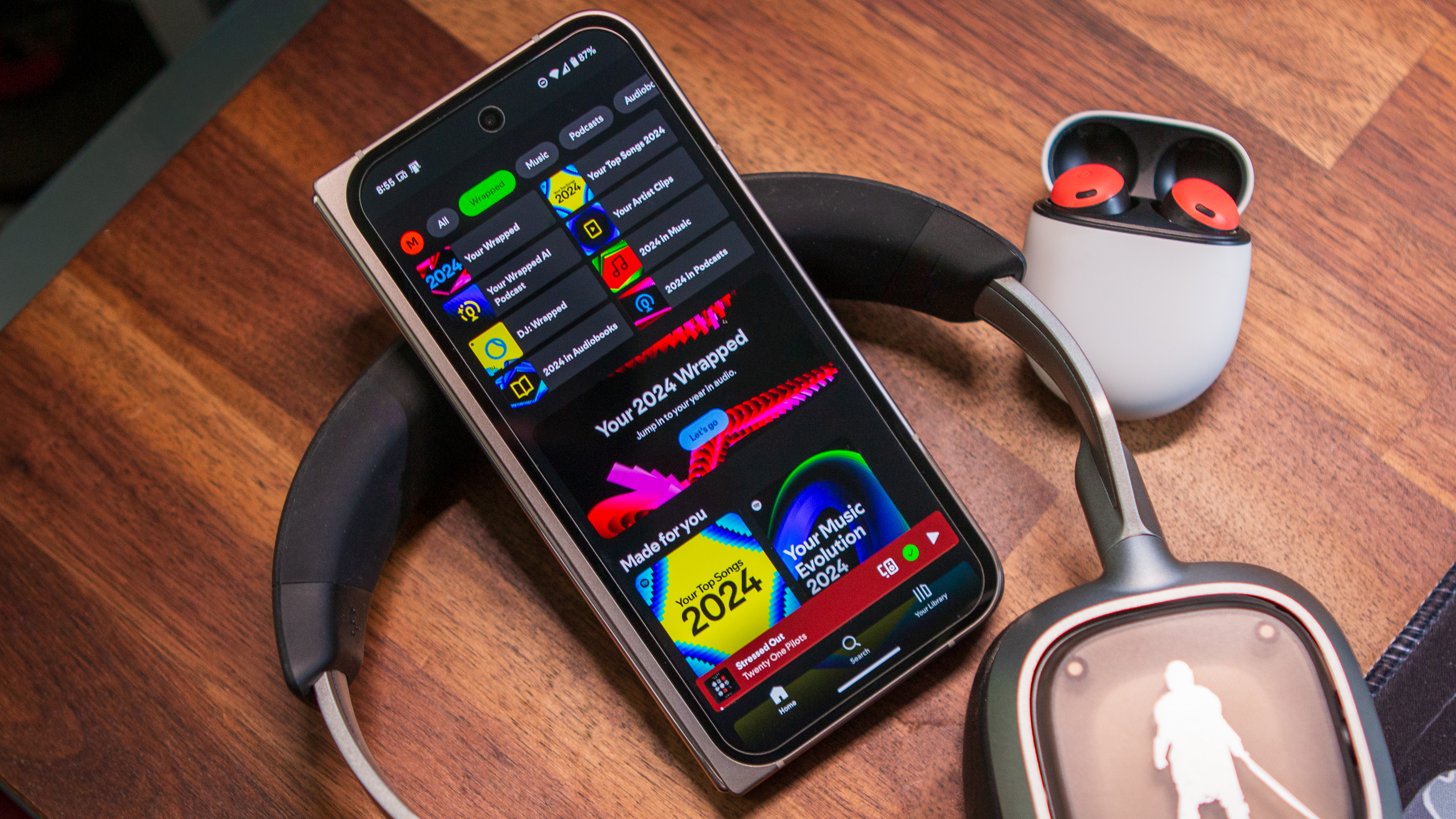There's a problem in tech, and it's your fault
The introduction of AI-based hardware only amplifies a bigger issue.
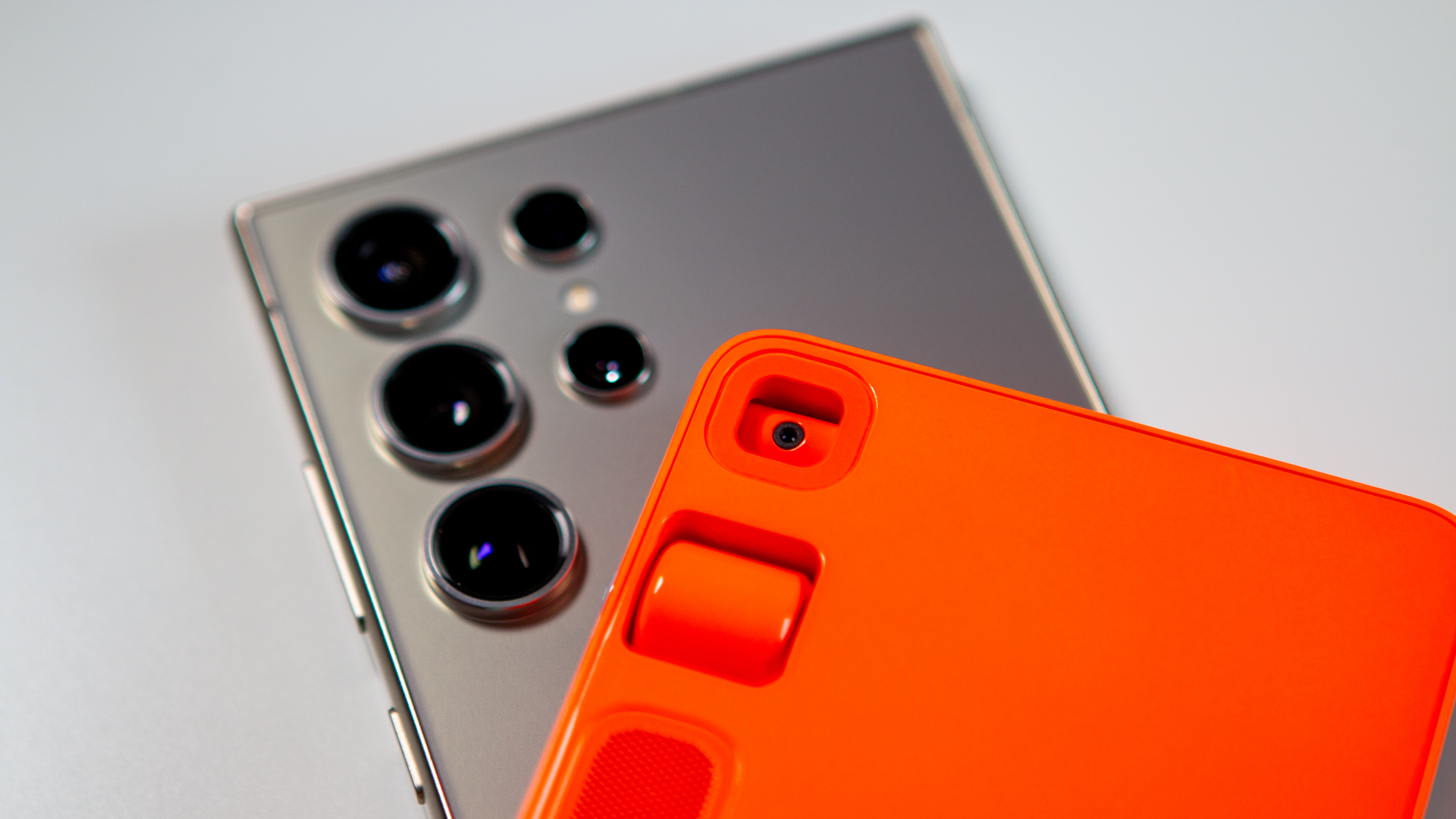

Beyond the Alphabet is a weekly column that focuses on the tech world both inside and out of the confines of Mountain View.
Companies ship unfinished products, software, or hardware to meet the constant demand for "what's next." We're constantly looking for something that's better, faster, and stronger than what we already have. In turn, companies release devices that are either iterative, missing features, or just simply miss the mark.
These issues are being amplified even further, as a new product category is beginning to emerge. Devices like the Rabbit R1 and Humane AI Pin claim to offer a unique experience. However, it doesn't take long to notice that couldn't be further from the truth. Even still, because of the lack of innovation with smartphones, people, myself included, are throwing caution to the wind in favor of that "new and shiny" feeling.
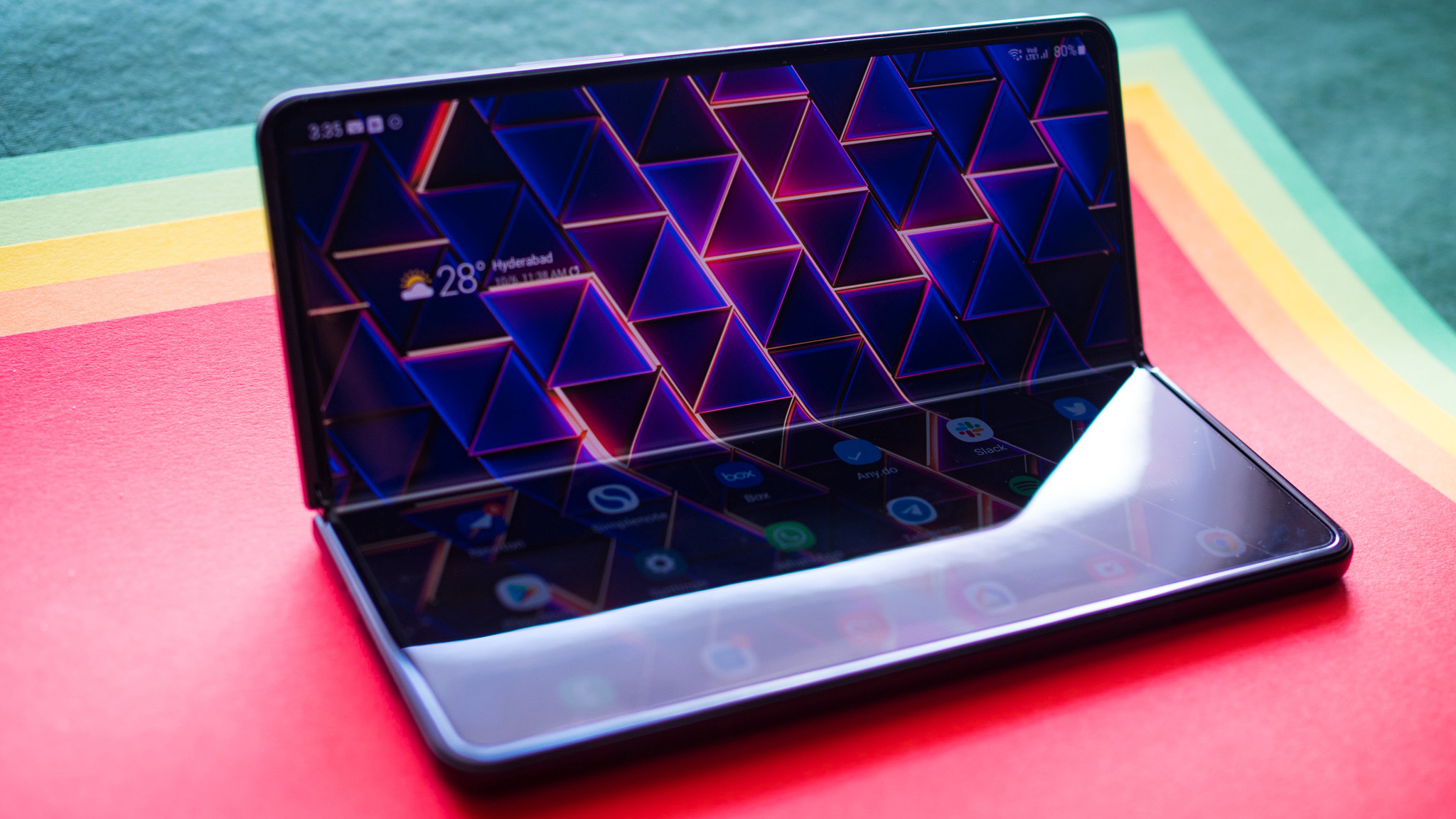
Even the most exciting segment of the phone market, foldables, has been plagued by the same problems. The Galaxy Z Fold 3, 4, and 5 are all pretty much the same, offering little more than a spec bump over the previous iteration. There aren't "generational leaps" anymore, and if they happen, it's several years down the line.
But a company can't wait a few years in between releasing something "new and shiny." Maybe Samsung or Apple could, but that would likely tank the stock prices, frustrating the shareholders, and who knows what would happen from there.
We, meaning the collective tech journalism industry, are quick to point out when a company falters. A recurring example is when a company announces a product with certain features, only to release said device without those features onboard. Instead, we're just told that "it's coming later in a software update."
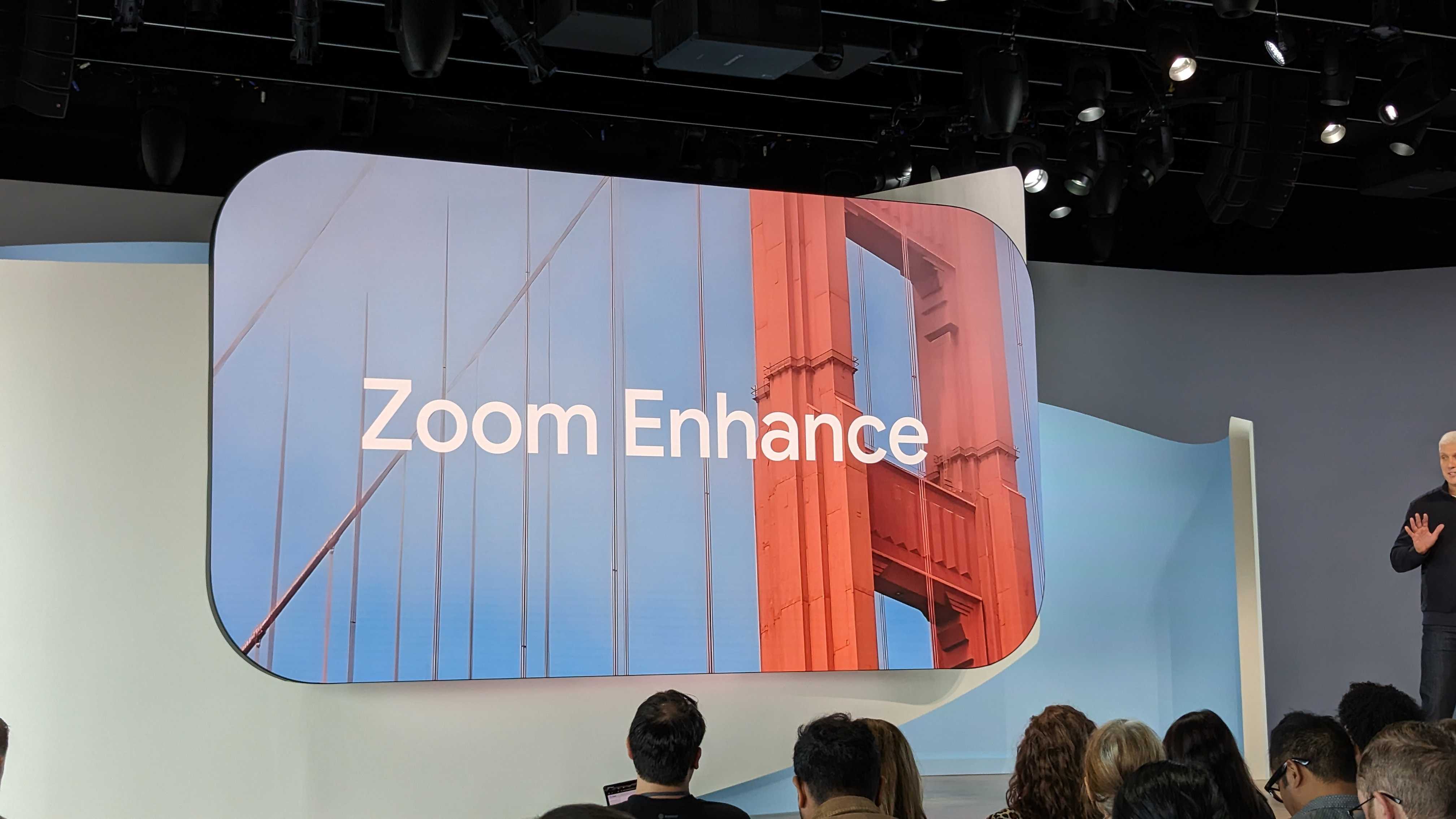
If we're lucky, it actually ends up appearing and works just as we were led to believe. But, more often than not, it's just half-baked, and even the average consumer can tell that it's not ready.
Basically, these multi-billion dollar companies are releasing unfinished products, promising things that aren't actually available at launch. "It doesn't make any sense," you may say. "They have all of this money; just follow through on the promises." They can't. Well, they could, but there are a lot of factors at play.
Get the latest news from Android Central, your trusted companion in the world of Android
The first, which we already covered, is the need to keep up with demand. New and shiny means more profits, which makes the shareholders happy, which leaves us with boring products.
Another, and perhaps more important, is that while these companies might have endless supplies of money, they don't have endless supplies of people. To many, Google, Samsung, Apple, and the other giants aren't just faceless corporations being run by robots that rule the world.
Companies can't just "throw money" at the problem when it comes to releasing iterative devices every year.
There are people who have to work on every aspect and facet of everything that you touch and see when a new phone is shipped. That includes developing the hardware so that you can press the power button and turn the phone on. The software team needs to make sure that the boot logo appears and looks a certain way. Yes, it is a mundane example, but the point still stands.
You could even argue that smartphones have practically peaked in terms of power and capabilities. No, I'm not saying that the current crop of smartphones is perfect. What I am saying is that there really isn't much more room when it comes to what a smartphone is capable of doing.
The counterargument to that doesn't have anything to do with the hardware, but instead, is the software. It's partially why companies are shifting their focus to AI and software, as there's really not much left to do with the slabs of glass and metal.
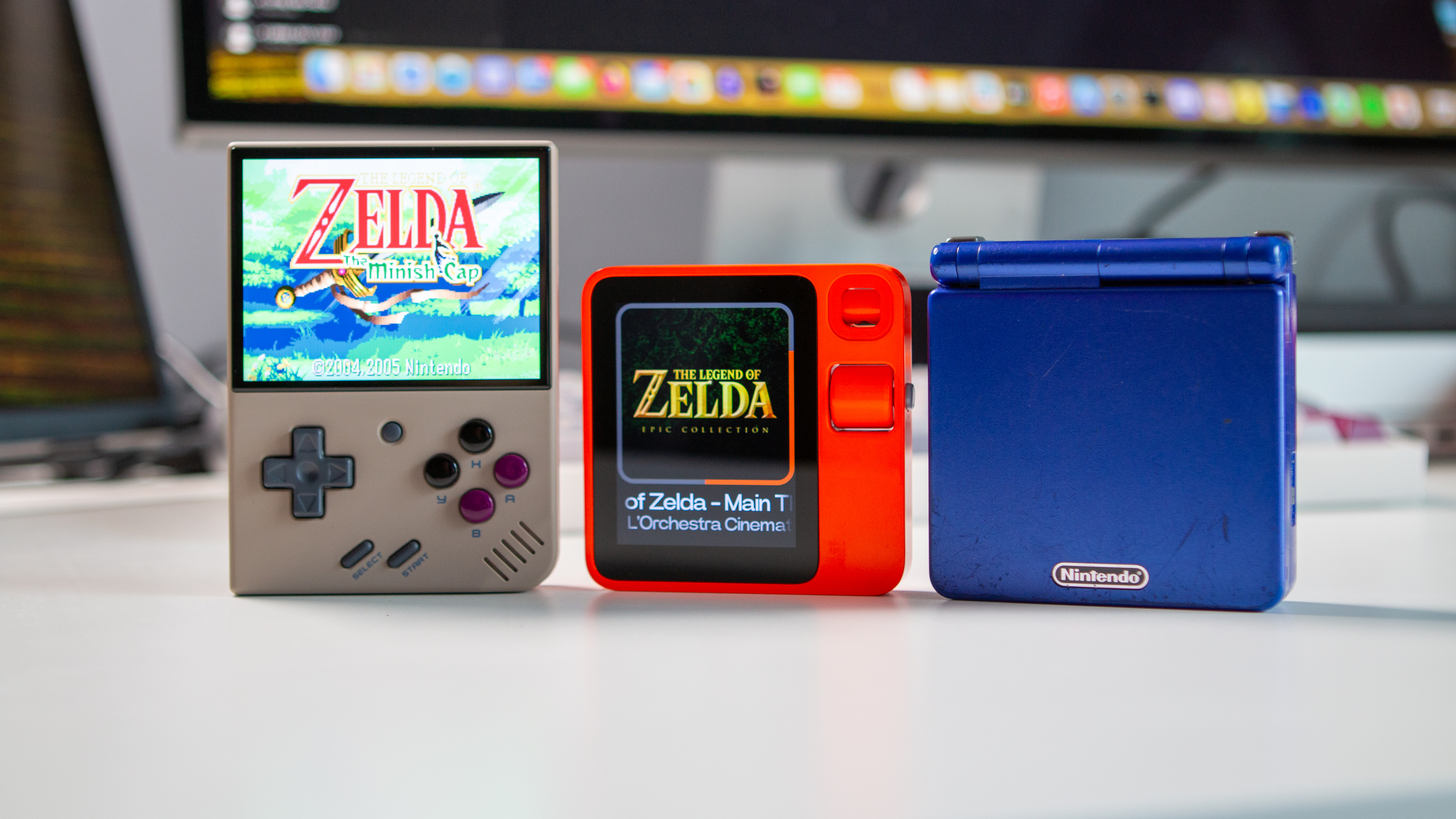
This gives me a nice segue into this new wave of AI products that have started to appear. Nowadays, everywhere you turn, someone is talking about AI in one way or another. It's reached the point that companies are now releasing dedicated AI devices, with the Humane AI Pin and Rabbit R1 seemingly at the center of it all.
Before going any further, I haven't used or seen the AI Pin at all, so I can only draw conclusions based on what I've read and watched. With that being said, I have to say that it could end up being a bigger flop than Windows Phone or LG's smartphone business.
Don't get me wrong. In a vacuum, the technology powering the AI Pin sounds pretty incredible. I mean, you can turn your hand into an interactive display and control everything without taking your phone out of your pocket. But you know what almost works just as well? A smartwatch. Raise your wrist, ask Google a question, and get an answer without the need to worry about hallucinations. At least not yet.
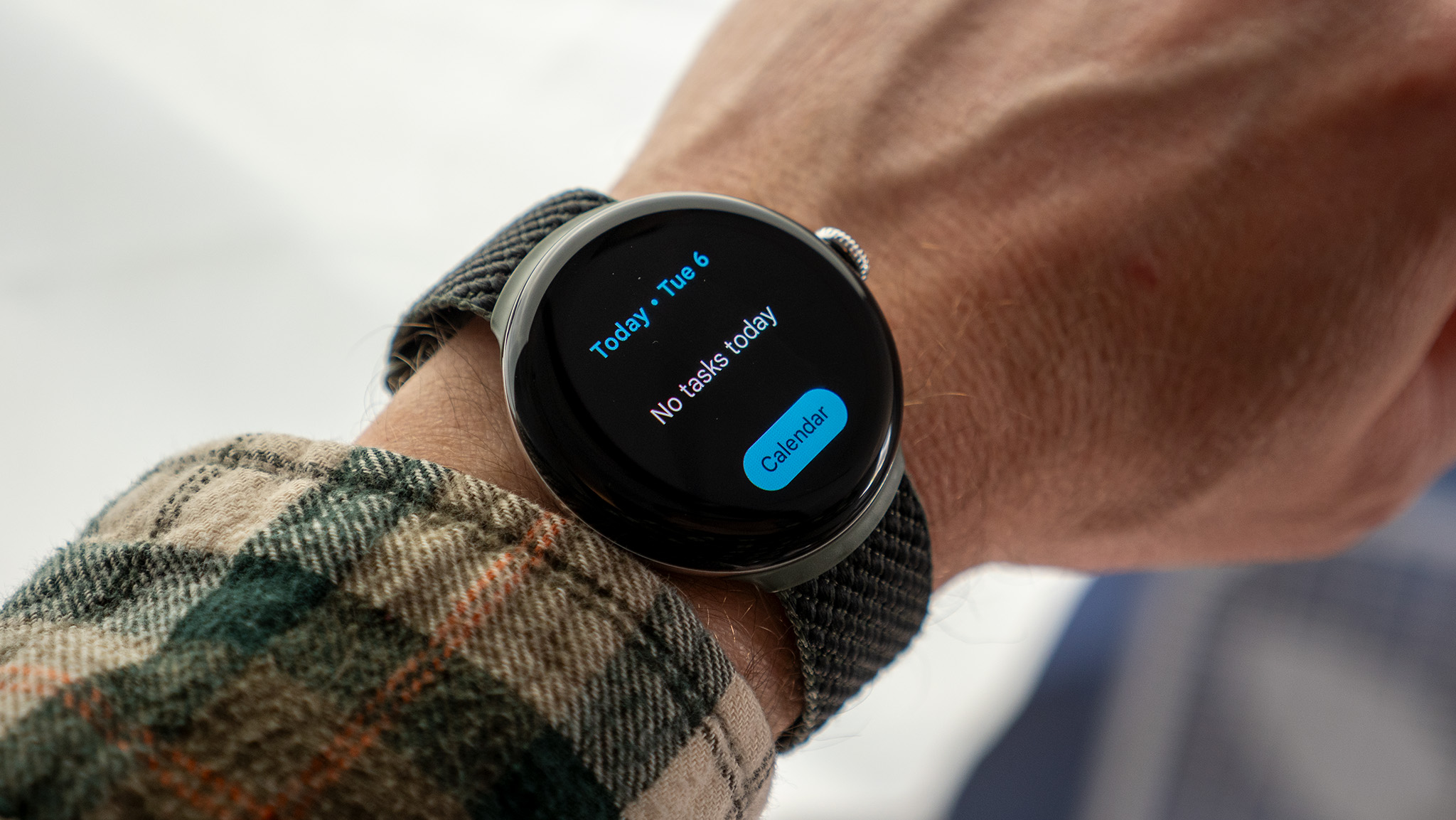
But I digress.
The AI Pin was never going to be successful, even if the Humane team had managed to get Jony Ive on board. It costs as much as the Pixel 8 but also requires a $25 per month subscription. What happens if you don't pay for the subscription? You end up with a $700 paperweight. At least with the Pixel 8, you can still use it on Wi-Fi for practically everything.
Again, I haven't used this myself, but I do trust MKBHD's opinion on the subject. And I believe him when he says it's the "worst product" he's ever reviewed.
As for the Rabbit R1, the overall premise is the same, as it's a dedicated "AI-powered" device. But instead of wearing it on your shirt or jacket, the R1 is closer to a smartphone in that you carry it with you in your pocket. And when you want to interact with it, you pull it out, press a button, and talk. Again, smartwatches.
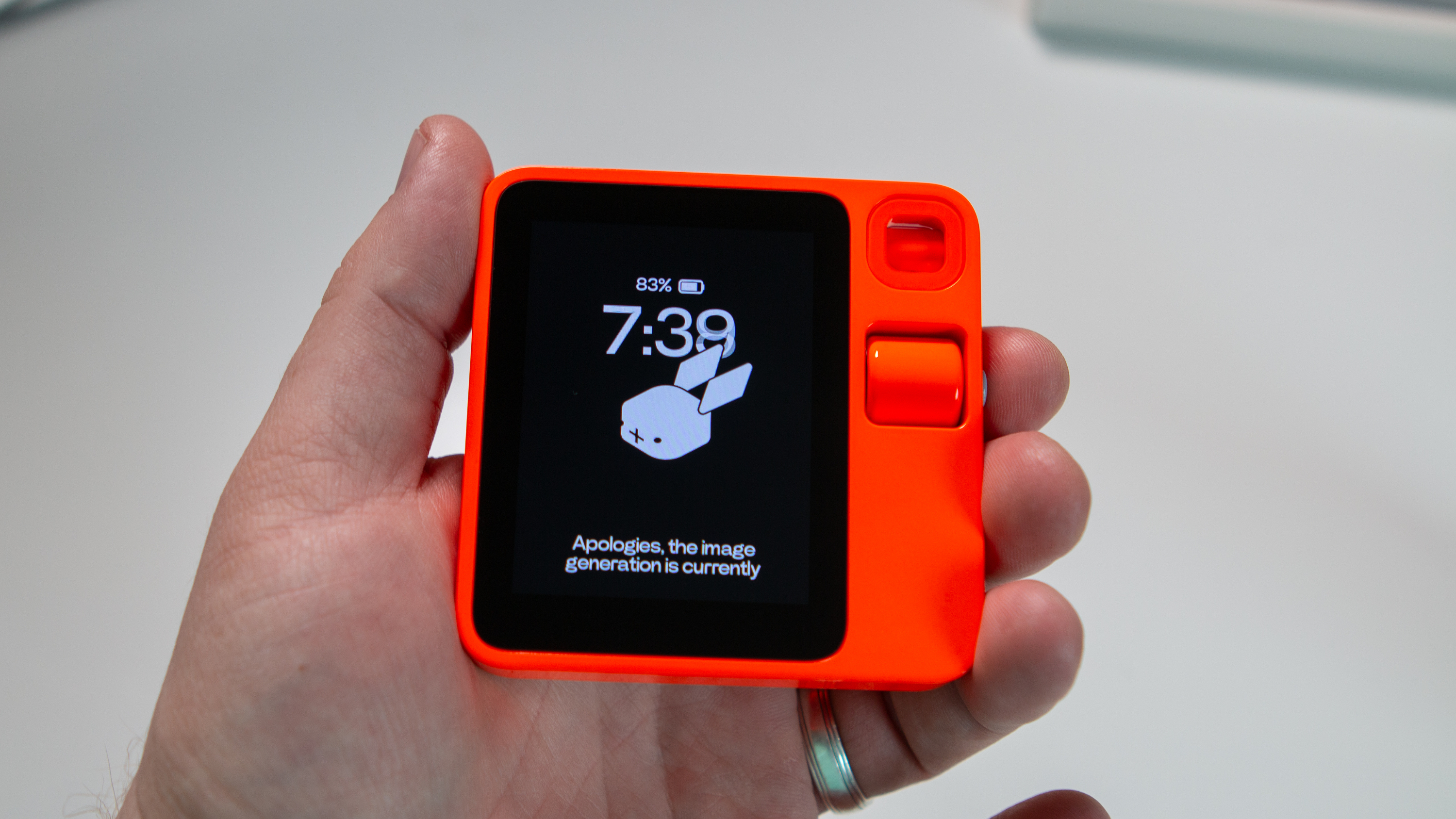
However, it, too, is a less-than-half-baked mess of a device. For something that's said to be so future-thinking, you couldn't even change the time zone. Thankfully, that was remedied with the first software update, along with other issues, but it shouldn't have been a problem to begin with.
While it's cool being able to ask it to generate an AI image using Midjourney, it's not exactly practical. If the Rabbit R1 is really supposed to be helpful, why can't I ask it to remind me to take the trash out? Why can't I use the Vision mode to add an item to my grocery list? Why can't I just set a 15-minute timer to check on what I'm making for dinner?
Instead, Rabbit released a physical device that can't even do what the phone that I already have does. But just like Google, Samsung, and Apple, Rabbit is making the same promises, claiming that the cool features it showed off will be coming. At some point.
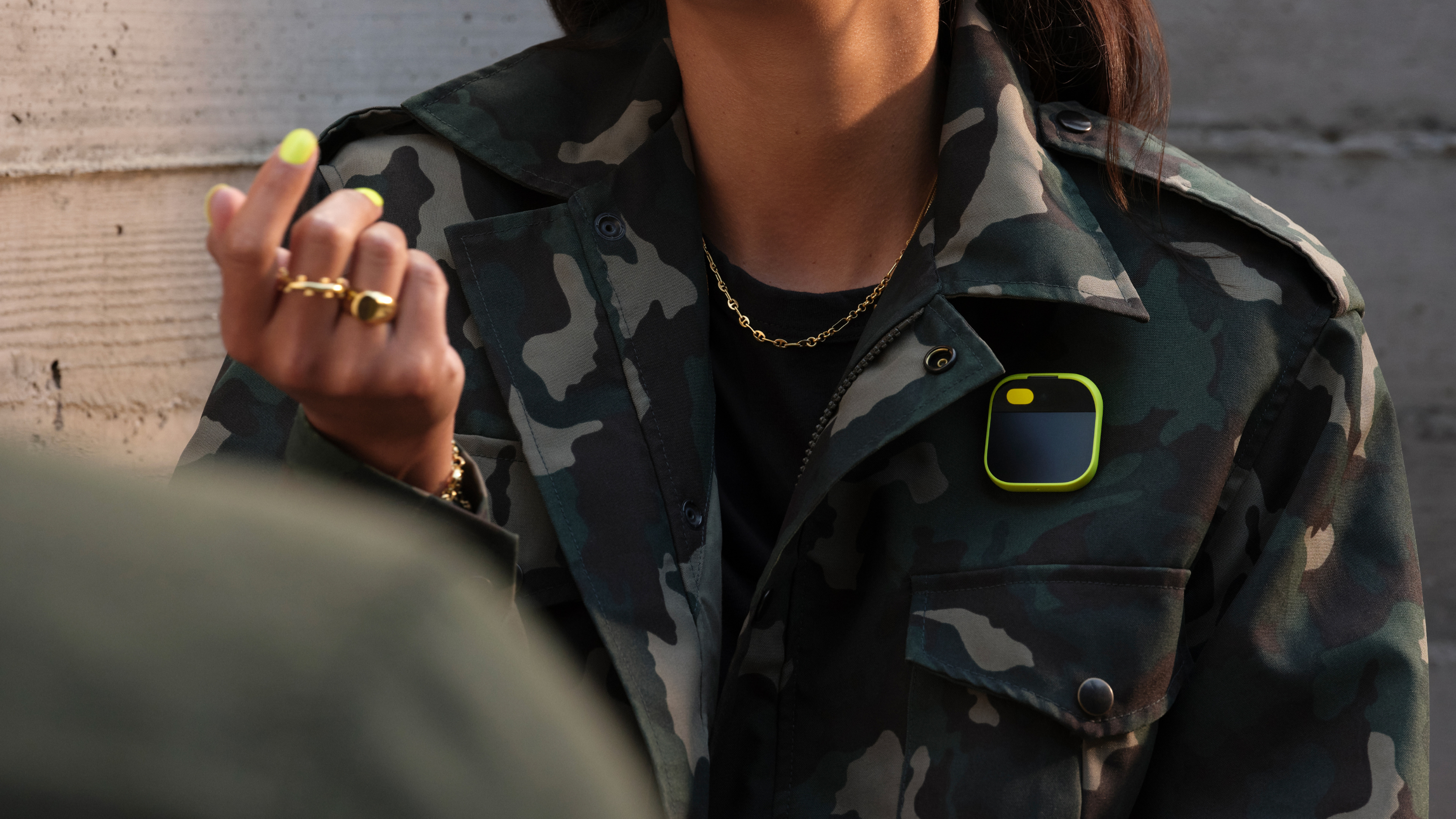
Where Rabbit has a leg up on the AI Pin is that it's just $200. I know that's not an insignificant amount of money, but again, that's less than what I'd be willing to pay for a new Apple Watch or Galaxy Watch. It's an accessory, not the main attraction.
The bigger problem is that since these enormous corporations have gotten away with treating their customers like guinea pigs, new companies are trying to do the same. Instead of just ignoring questions or pleading the fifth, they're hiding behind the premise of "we're just a startup" or "it's generative AI; it's always evolving."
Bullshit.
If you need any more proof that we're the problem, just think about this: the Rabbit R1 was released, and five days later, it got its first update. In that time, reviews and impressions were released or published based on an unfinished product. Why not just delay the release by a week until after that update was available? Because even though this would've been the right decision, the collective "we" would have lambasted it.
The hamster wheel will continue to spin, and we'll keep chasing after any "fresh" morsel these companies dangle in front of us.
So, where do we go from here? Frankly, nothing is going to change. We're still going to want the best of the best every year, and companies are going to continue shoveling iterative hardware in our faces. New features may or may not be announced, but not all of them will be available at launch, or there will likely be arbitrary gatekeeping of some sort.
Then, the collective "we" will write articles or publish videos expressing our dismay. All the while, profit margins will continue to rise because companies can make more money by recycling old parts, polishing them up, and presenting them as new. The hamster wheel will continue to spin, and we'll keep chasing after any "fresh" morsel these companies dangle in front of us.
And while the premise of the AI Pin and Rabbit R1 seems pretty cool, on paper, it's not practical. Not only can I get the same experience from my phone or watch, but I have even more flexibility thanks to the ability to download different apps. There are simply more options as I can bounce between Gemini, ChatGPT, Copilot, Perplexity, or all of them, right from the device that I already own.

Andrew Myrick is a Senior Editor at Android Central. He enjoys everything to do with technology, including tablets, smartphones, and everything in between. Perhaps his favorite past-time is collecting different headphones, even if they all end up in the same drawer.
You must confirm your public display name before commenting
Please logout and then login again, you will then be prompted to enter your display name.
